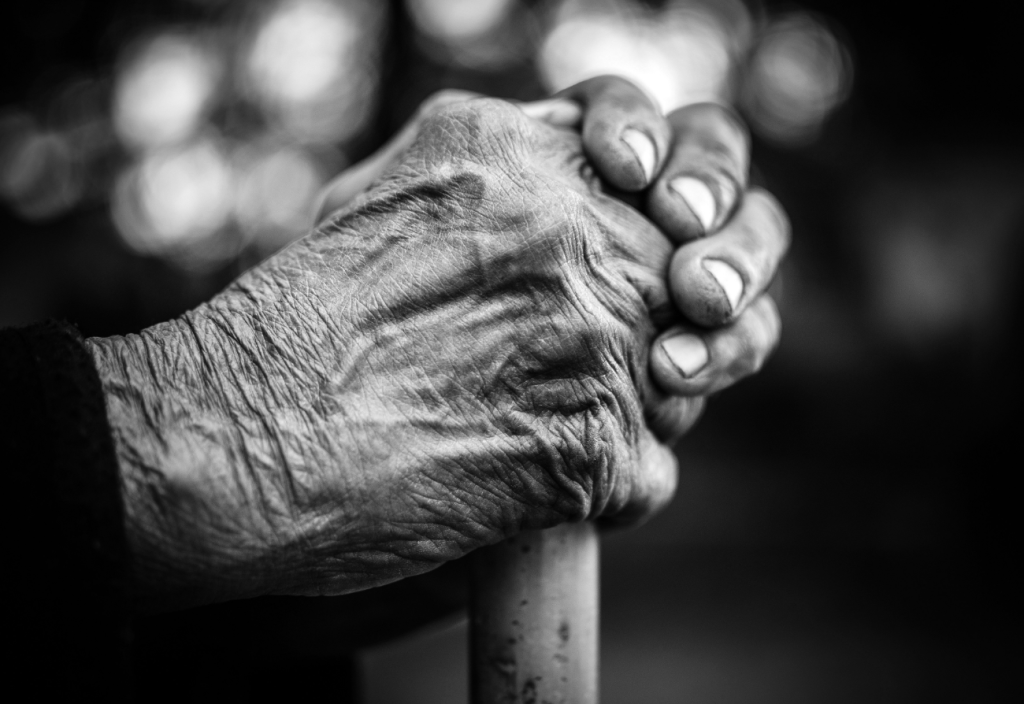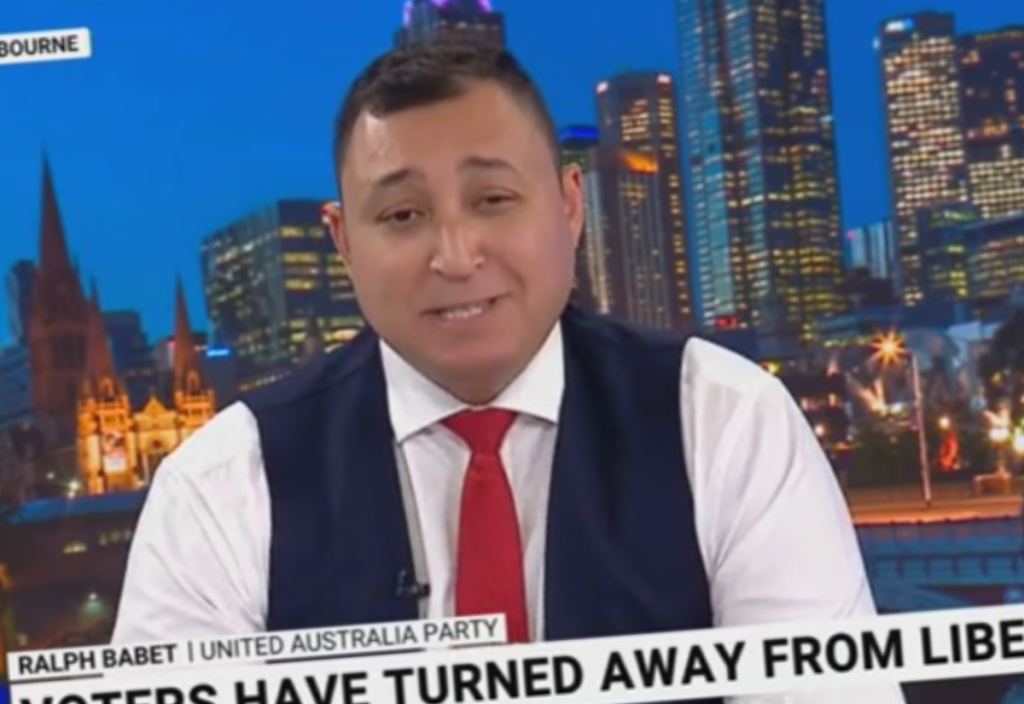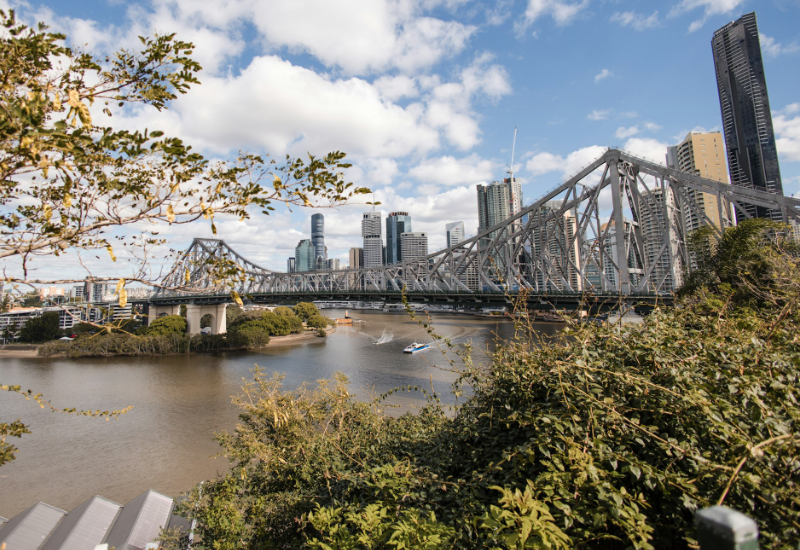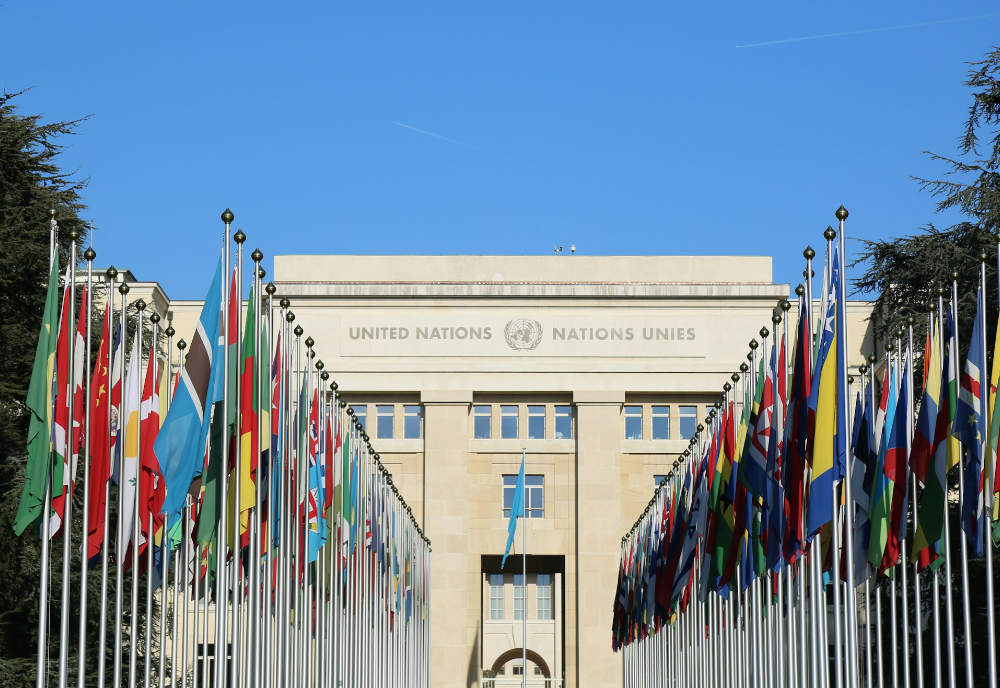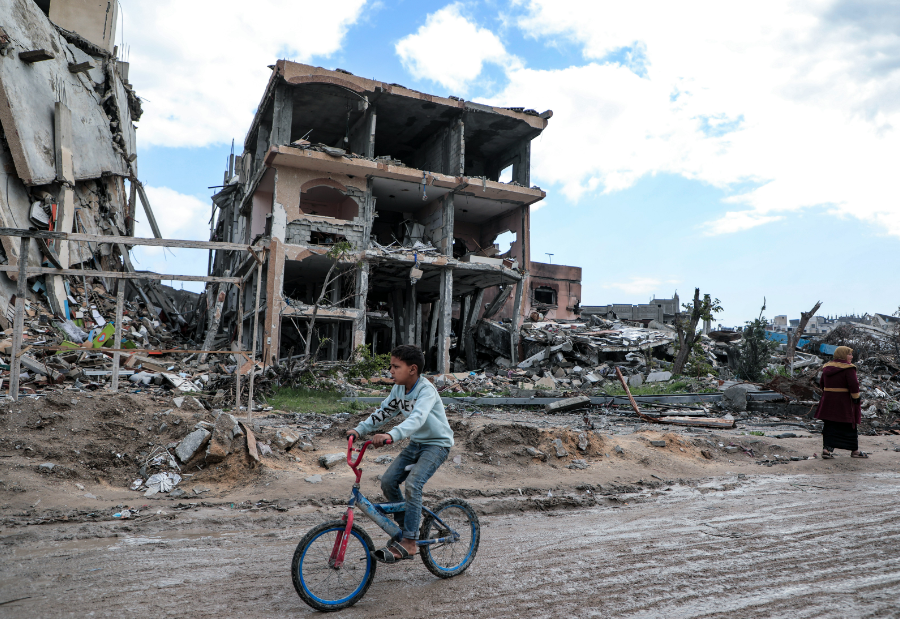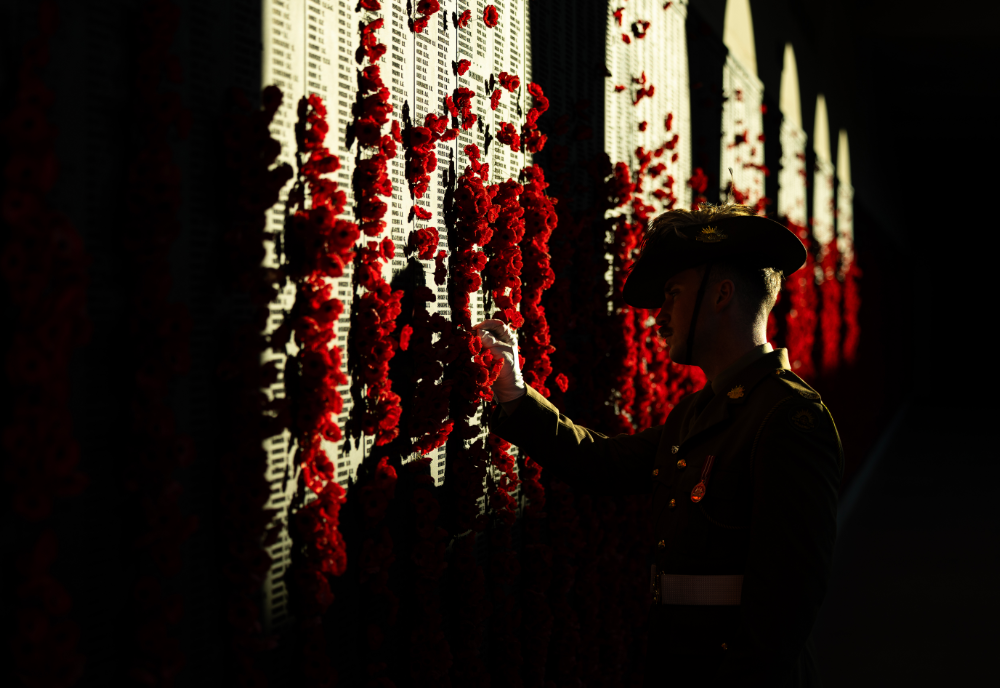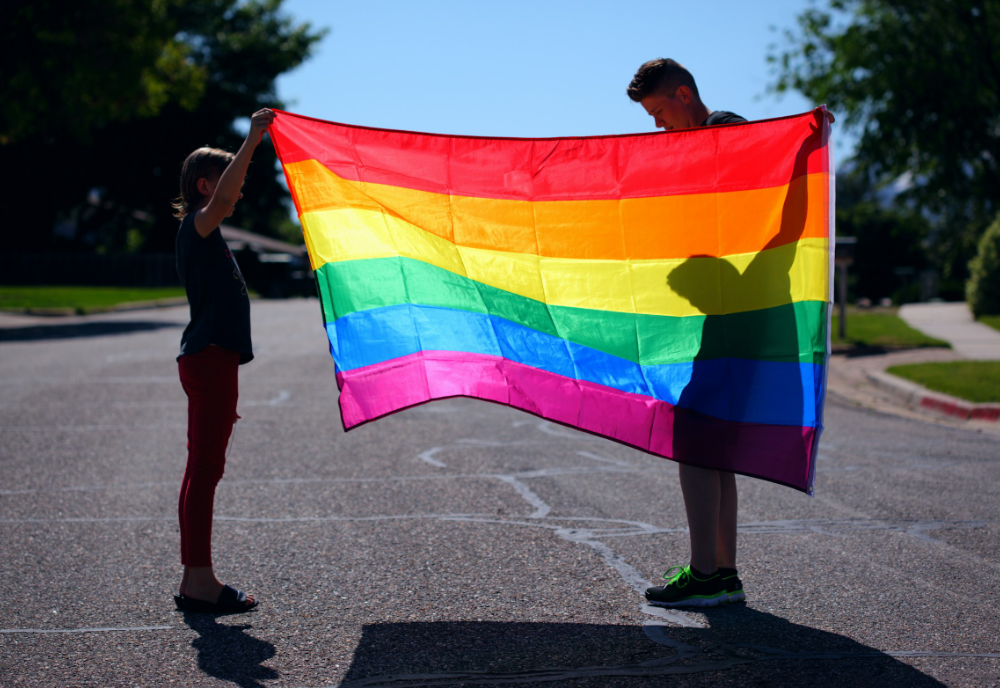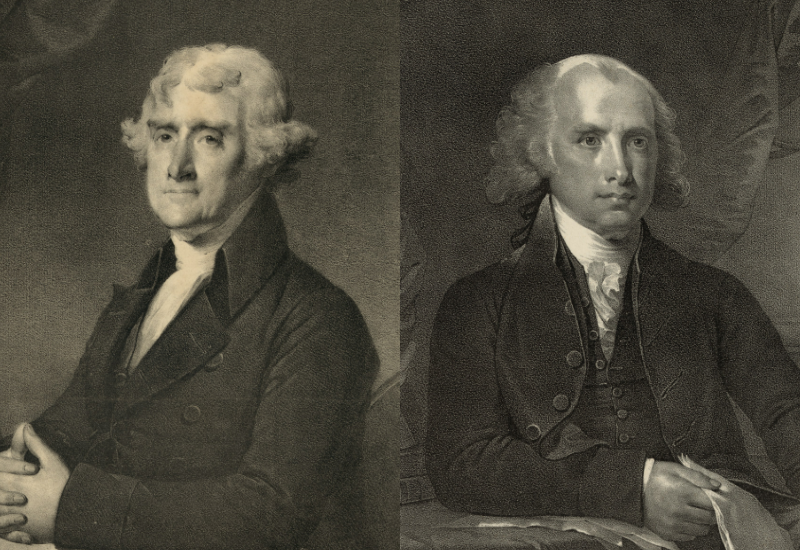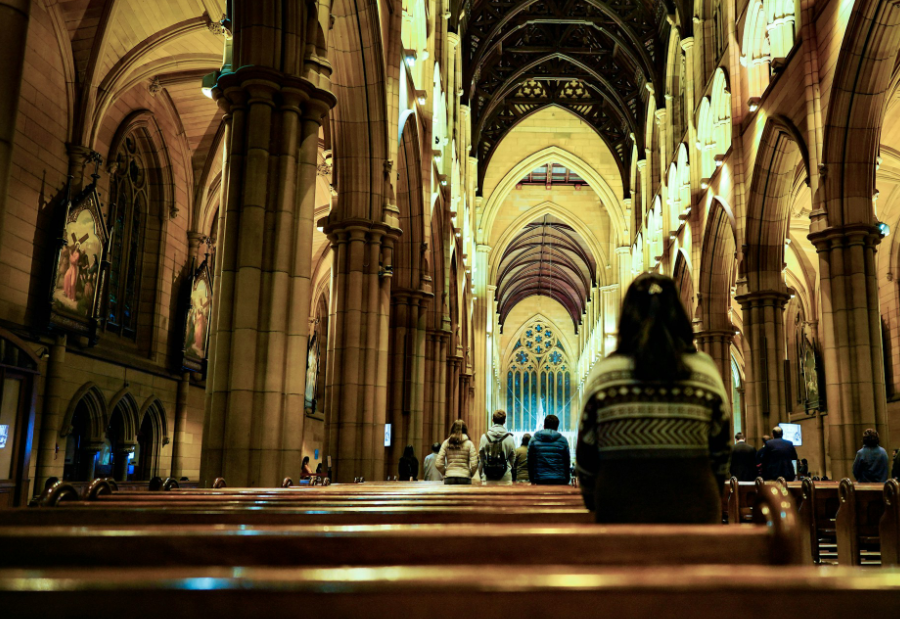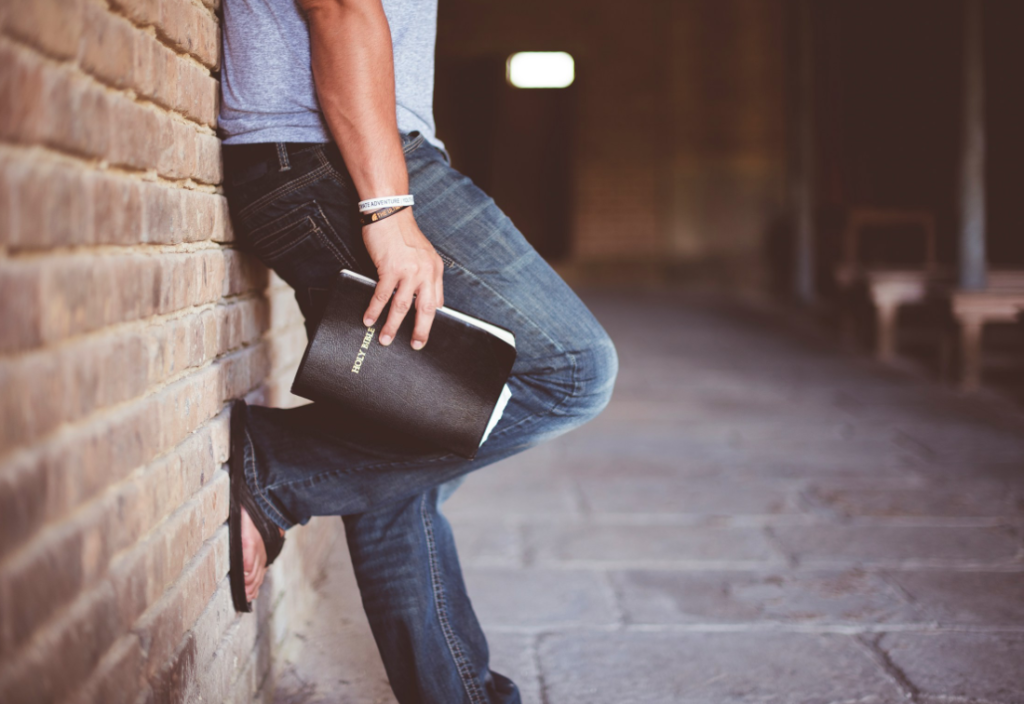This is a lightly edited transcript of a speech opposing a motion to reinstate Christian prayers in formal government meetings at the Wingecarribee Shire Council in New South Wales. It is republished with permission of the speaker.
I’d like to speak against the motion.
Deciding on whether or not to pray is a conversation our community has already had with council, and had quite recently.
The last time there was a discussion about whether or not we should have a civic prayer, 68 per cent of respondents objected.
If every time the council conduct a consultation and get an answer we don’t like, and we just try again, then we will quickly lose the trust of the community.
Regardless, this decision should be about more than numbers. It should be about principles.
We have a responsibility to represent everyone in our community. It’s written, in black and white, in our job description in the Local Government Act that equality is important and we should respect the diversity of our population.
Our community should see themselves represented without bias towards particular groups or implying favour in our decisions.
That’s why governments at all levels should be secular spaces – because this is how we respect religious difference.
The decision to scrap the prayer previously was one that reflected our collective commitment to inclusivity, respect, and diversity within our community.
The decision also honoured the independence of thought of each councillor and our capacity to be guided by the values that we each hold dear.
I understand that, for some people, including councillors here, will mean being guided by their Christian values.
I have great respect for that and I hope those councillors will continue to be guided by those values regardless of whether we are led in Christian prayer.
But I am not a Christian. I should not be required to pray and I should not be required to engage in prayer, just as I would not prevent others from praying should they wish.
Future councillors and staff members may be Muslim, Bahá’í, Hindu or one of the many other religions represented across our community.
Tell me: should any person ever be compelled, in their place of work, to pray to a God they don’t believe in?
There are a lot of values in the proposed prayer that I agree with – wisdom, insight, integrity, compassion, care for the vulnerable, the common good, and the welfare of future generations, who are too often forgotten. These ideas deserve to be reflected on and championed here in this chamber.
However, placing those ideas in the context of a Christian prayer risks excluding people who do not share that religious perspective.
There are councils in both Queensland and Victoria have been issued legal advice that to conduct Christian prayer in their meetings, which are the workplaces of councillors and staff, is actually discriminatory. I believe it is discriminatory here.
I support people’s right to pray, but they should do it on their own time. There is nothing stopping any of us from taking some time before meetings to pray. This should not be imposed on others who choose not to.
If this motion passes, I will not participate in pre-meeting prayer. This council will make a deliberate decision to exclude me from this chamber on the basis of my beliefs.
I would not do that to any of you. And I implore you not to do it to me.
Published 6 March 2025.
If you wish to republish this original article, please attribute to Rationale. Click here to find out more about republishing under Creative Commons.
Photo by Ben White on Unsplash



